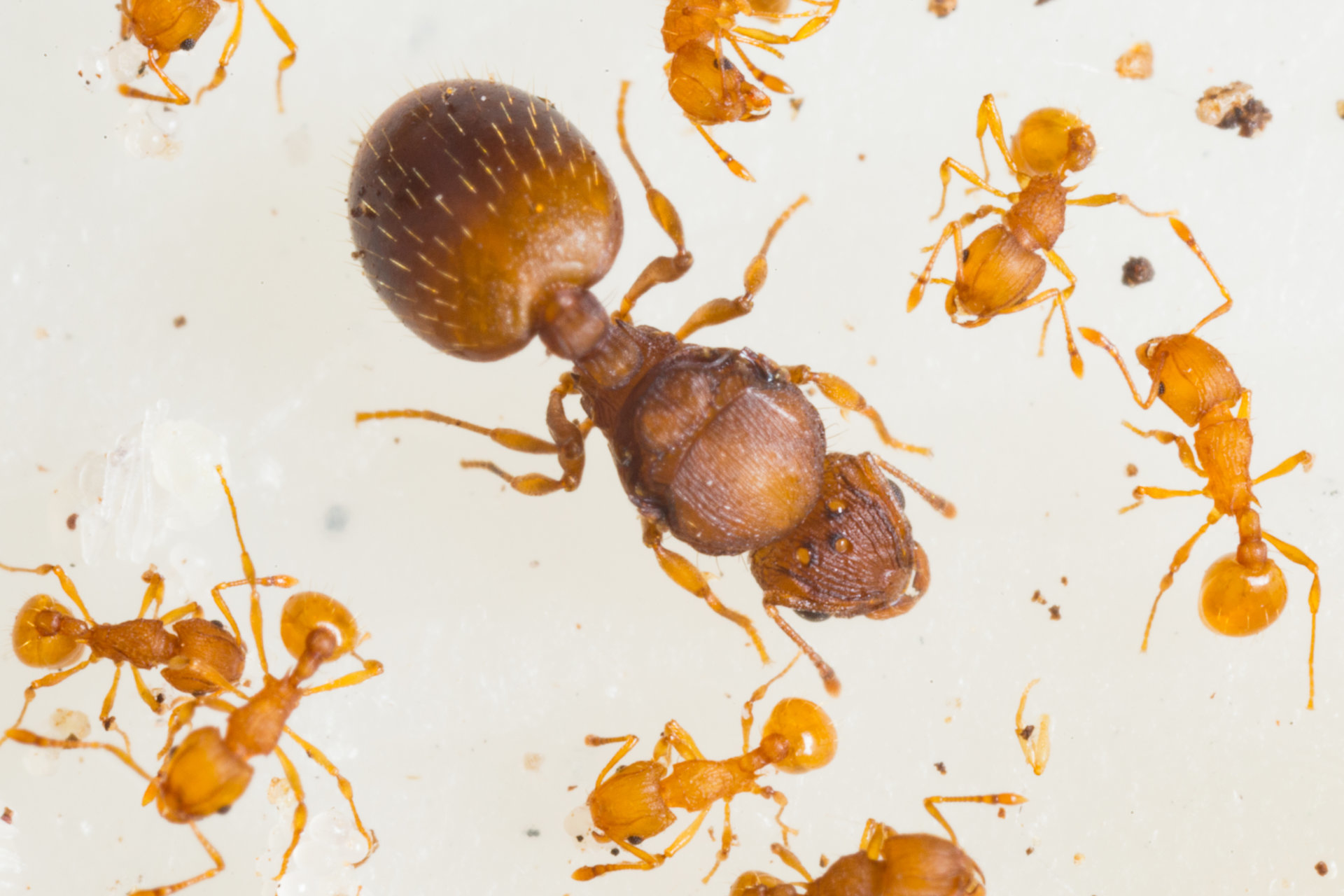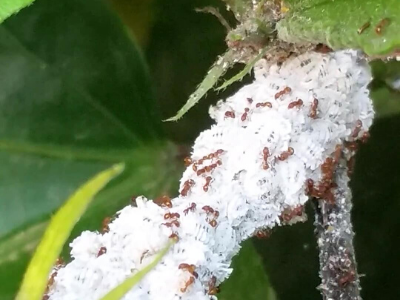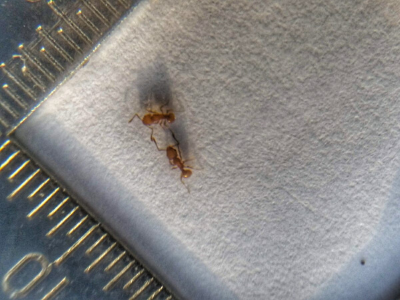Dealing with the Little Fire Ant at Ramat Hanadiv: Mapping, Treatment and Monitoring
The little fire ant is a tiny, red ant, active day and night, which stings humans and their pets and displaces other arthropods. It causes severe harm to the ecosystem and constitutes a severe hazard to humans.
In 2018, the little fire ant reached Ramat Hanadiv and spread rapidly throughout the Memorial Gardens, impacting significantly on local arthropods. We responded by mapping its distribution, conducting an eradication programme, and monitoring the local arthropod community to assess its recovery.
Invasion by the little fire ant is a global problem. Our efforts to eradicate it must be part of a broader approach that includes informing professionals and the wider community.






